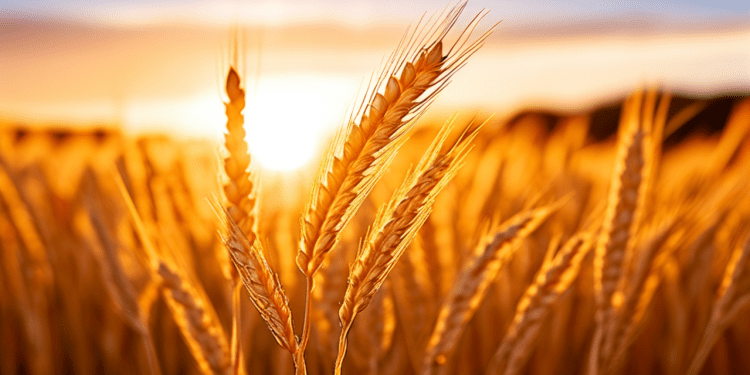Discover the Hidden Power of Oats in Your Pantry
What if the key to transforming your health, culinary repertoire, and environmental impact was hiding in plain sight in your pantry? Enter oats: the humble grain poised to outshine even the trendiest superfoods.
Nutritional Powerhouse
Oats are a nutritional dynamo. A single cup of cooked oatmeal delivers:
- 6 grams of protein, comparable to an egg
- 4 grams of fiber, meeting 16% of the daily value
- 5 mg of iron, fulfilling 28% of the daily value
- Essential minerals including manganese, phosphorus, and zinc
In terms of protein, oats surpass quinoa with 5.7 grams per cup cooked. Their fiber content doubles that of brown rice and rivals chia seeds. Additionally, they are lower in calories than açai bowls while offering more sustained energy.
Types of Oats
Not all oats are created equal:
- Steel-cut oats: Least processed, with a chewy texture and lowest glycemic index
- Rolled oats: Partially cooked and flattened, ideal for oatmeal and baking
- Instant oats: Most processed, quick-cooking but with a higher glycemic index
While all types offer benefits, steel-cut and rolled oats provide more fiber and have a lower glycemic index than instant varieties.
Heart Health Revolution
Oats’ beta-glucan fiber is a cardiovascular powerhouse. A meta-analysis published in the British Journal of Nutrition (2016) found that consuming 3 grams of beta-glucan daily lowered LDL cholesterol by an average of 0.25 mmol/L, a reduction associated with a 5% decrease in cardiovascular disease risk.
Blood Sugar Management Mastery
Oats excel in glycemic control. A study in the European Journal of Clinical Nutrition (2015) showed that consuming oats resulted in a 40% lower glucose response compared to white bread. For individuals with type 2 diabetes, incorporating oats into their diet led to a 0.42% reduction in HbA1c levels – a clinically significant improvement in long-term blood sugar control.
Culinary Innovation
Forget basic oatmeal. Let’s push the boundaries:
- Oat risotto with wild mushrooms and truffle oil
- Savory oat waffles topped with smoked salmon and dill cream
- Oat milk panna cotta with berry compote
- Oat-crusted fish with lemon-caper sauce
- Chocolate oat bark with nuts and sea salt
Oats transcend their breakfast reputation, offering a canvas for culinary creativity that rivals even the most versatile ingredients.
Environmental Vanguard
Oats aren’t just good for you; they’re a boon for the planet:
- Water efficiency: Oats require just 290 gallons of water per pound, compared to almonds (1,929 gal/lb) or beef (1,847 gal/lb)
- Carbon footprint: Oats produce 0.9 kg CO2e per kg, lower than rice (2.7 kg CO2e) or quinoa (1.15 kg CO2e)
- Soil health: As a cover crop, oats prevent erosion and enhance soil fertility
Oats outperform even celebrated eco-friendly foods like avocados (96 gal/quarter pound) in water efficiency.
Potential Considerations and Alternatives
While oats shine, they’re not for everyone:
- Phytic acid content may affect mineral absorption
- Some may experience initial bloating when increasing fiber intake
- Celiac patients must choose certified gluten-free oats
Alternatives for the oat-averse:
- Teff: Iron-rich and gluten-free
- Sorghum: Drought-resistant with a similar nutritional profile
- Millet: High in antioxidants and easily digestible
The Oat Horizon
Oat innovation is accelerating. Researchers at Sweden’s Lund University are developing oat varieties with enhanced beta-glucan content, potentially doubling the cholesterol-lowering effects. Meanwhile, Canadian scientists are exploring oats’ potential in sustainable meat alternatives, promising to revolutionize plant-based eating.
In conclusion, oats stand at the intersection of nutrition, culinary versatility, and environmental stewardship. They don’t just compete with trendy superfoods; they often surpass them.
Your Challenge
Don’t just incorporate oats into your diet – become an oat advocate. Experiment with innovative oat recipes, choose oat-based products, and spread the word about their multifaceted benefits. In doing so, you’re not just improving your health; you’re contributing to a more sustainable food system.
Are you ready to unlock the full potential of this pantry powerhouse? The oat revolution starts with you.
Error




